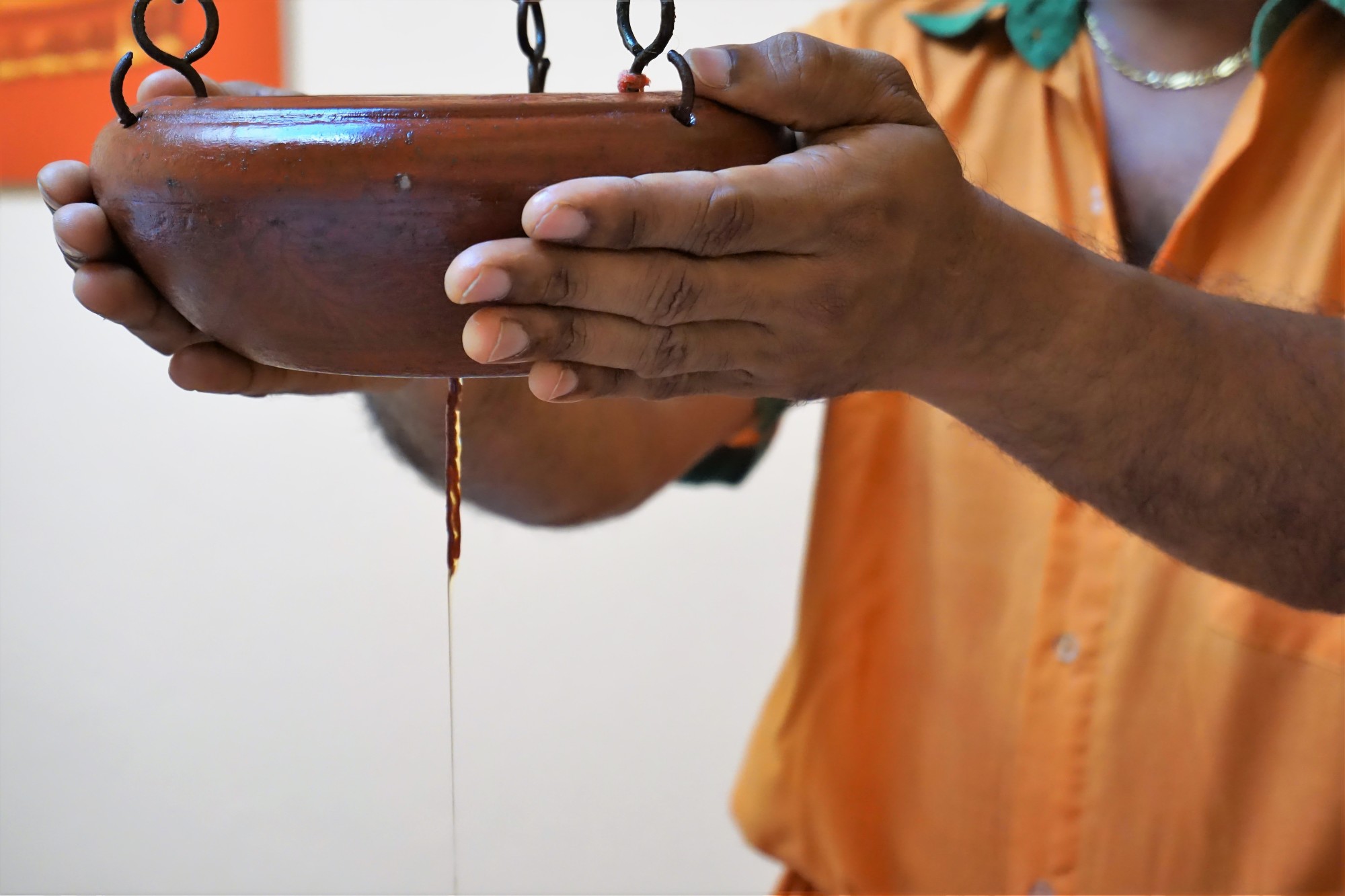-
Call us now
03 9088 8059 -
12 Wellington Parade
East Melbourne VIC 3002 -
Mon - Satday
08:00 to 20:00

Do you suffer from a host of sleep issues, particularly sleep apnea? Well, ayurvedic treatment might just have the solution for you.
And it might seem like a lost cause, especially if traditional medication and treatments do not work. Why would some ancient medicine work?
Well, there is more to the world, then that what we see. So why not give a try? In this article, we will cover five potential sleep apnea treatments via Ayurveda.
So keep reading to learn more.
Ayurveda & Sleep Apnea
In premise, sleep apnea patients report a lack of breathing or very shallow breath for periodic intervals throughout their sleep. These pauses occur quite often and can be quite sporadic.
The fallout of the condition ranges, and includes but is not limited to: anxiety, stress, fatigue, cognitive dysfunction, decreased productivity, and in some rare cases – death.
There are three types of sleep apnea: central, complex, and obstructive. The last being the most common of the three.
With central sleep apnea, the transmission of the neural impulse between the muscles and brain that enable the windpipe movement is broken, which causes the symptoms of sleep apnea.
With obstructive sleep apnea, the windpipe collapses and obstructs air for minutes at a time. It’s closely related to obesity, however, there are causative factors that might be included, such as age, inflame tonsils, sinus issues (deviated septum), etc.
With complex sleep apnea, it’s a variety of many things, usually a combination of the other two types of sleep apnea.
In accordance with Ayurveda, sleep apnea is caused by digestive fire, impaired Agni, high Tamas, and aggravated Vata and Kapha. For an in-depth understanding of each, feel free to search the terms in your browser of choice.
What Is Ayurvedic Treatment?
Ayurveda is one of the many ancient holistic healing systems, which was developed over 3000 years ago in the regions of India.
It is based on the concept of wellness and health being dependent upon a manageable delicate balance between the spirit, mind, and body. The main goal is to promote great health, not fight disease. To heal, and not to treat. However, some treatments are in fact regarded towards specific health concerns.
It is a licensed and approved complementary/alternative medicine system in the Australia. Now let’s get to the actual methodologies of ayurvedic treatment for working with sleep apnea.
Shirodhara
One of the most calming relaxation methodologies for modern life is Shirodhara. It comes from the combination of Shir (head) and Dhara (Stream), words in Sanskrit.
In this process, the forehead and scalp receive a stream of gentle lukewarm medical oil that is poured in a specific healing pattern that stimulates the points covering the entire forehead.
The process enlivens and alleviates the central nervous system that gets clogged with worries, residual stress, erroneous lifestyle habits, and eating. This process treats the nervous system, which comes from conditions of the vitiated Vata Dosha.
Abhyanga
To treat symptoms caused by sleep apnea, Abhyanga is one of the most recommended therapies. It incorporates herbal oils, warm and rhythmic massage, which relaxes the nervous system, loosens toxins and provides nourishment/rest,
It moisturizes and tone skin, increases blood circulation and calms the lymph system. The herbal oils used in Abhyanga address the over-critical mind, angered thinking, and irritability.
Nasya
Since sleep apnea is most likely caused by vitiated Vata and Kapha Doshas, oil massage is great for balancing them out, as well as reducing their aggravation. The nose is the gateway to consciousness.
Nasal therapy helps lubricate the sinuses, relieve chronic and acute problems, such as dry nasal passages, allergies, congestion, and snoring. The process of making use of herb-infused dolls in the nasal cavity helps with reducing anxiety, headaches, sinus migraines, and other aspects of health.
You should not lay down or sleep instantly after treatment. It’s important that your nasal therapy is performed by an expert in Ayurveda. It also matters what oils are used, how they are used, what information is provided to you, and how you are helped via the process.
Karna Pura
In sleep apnea treatment, a lot of it has to do with calming the nervous system. In order to do that, the Vata Dosha has to be brought to balance.
This treatment is designed to create deep stillness. Warm oil is slowly poured into the ears and massaged to calm the mind and lubricate the ear canal. When the ears are subject to this process, the body and mind automatically calm, creating a deep state of rejuvenation.
Herbal Medicine
Traditional herbal medicines, such as Sarpagandha, Shankhpushpi, Jatamansi, Ashwagandha help alleviate cognitive dysfunction, which is often affected by sleep apnea.
Intake of these medicines will reduce stress-conditions, anxiety, and prevent obstructive sleep apnea. These herbs help induce sleep, restore the brain, calm the nervous system.
Keep in mind that herbal medicines should not be taken lightly, and must be reviewed with an expert who will be able to recommend appropriate dosages.
Ayurveda for You
Now that you know how ayurvedic treatment can help your sleep apnea, you are well on your way to determine if it’s worth it for you. No matter what you choose to do, it will be the right thing for you.
If you’re interested in learning more or getting an ayurvedic treatment done, get in touch with us and we will happily accommodate your needs.
